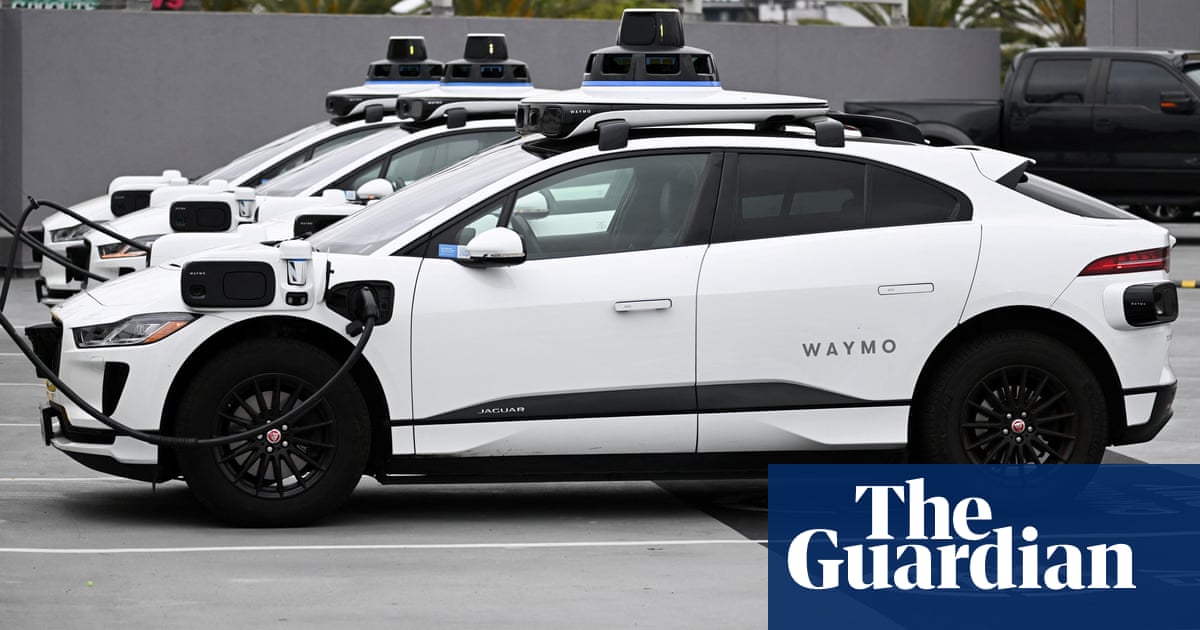Sweden and Norway are backpedalling on plans for cashless societies over fears that fully digital payment systems would leave them vulnerable to Russian security threats, and concern for those unable to use them.
A combination of good high-speed internet coverage, high digital literacy rates, large rural populations and fast-growing fintech industries had put the Nordic neighbours on a fast track to a future without cash.
Swish, a mobile payment system that six banks launched in 2012, is ubiquitous in Sweden, from market stalls to coffee shops and clothes stores. The Norwegian equivalent, Vipps, which merged with Danish MobilePay in 2022 to form Vipps MobilePay, is also very popular. Last month, it also launched in Sweden.
The former deputy governor of Sweden’s central bank predicted in 2018 that Sweden would probably be cashless by 2025.
But Russia’s invasion of Ukraine in 2022 and a subsequent rise in cross-border hybrid warfare and cyber-attacks blamed on pro-Russia groups have prompted a rethink.
The Swedish government has since completely overhauled its defence and preparedness strategy, joining Nato, starting a new form of national service and reactivating its psychological defence agency to combat disinformation from Russia and other adversaries. Norway has tightened controls on its previously porous border with Russia.
The security rethink extends to the fundamentals of how people pay for goods and services.
In a brochure with the title If Crisis or War Comes that will be sent to every home in Sweden next month, the defence ministry advises people to use cash regularly and keep at least a week’s supply in various denominations as well as access to other forms of payment such as bank cards and digital payment services. “If you can pay in several different ways, you strengthen your preparedness,” it says.
The government is also considering legislation to protect the ability to pay in cash for certain goods. Cash is legal tender in Sweden, but shops and restaurants can effectively make themselves cashless as long as they display a notice setting out their restrictions on payment methods.
Norwegian retail customers have always had the right to pay in cash, but it has not been enforced and in recent years increasing numbers of retailers have gone cashless, locking out about 600,000 people who do not have access to digital services. The government acted over the summer, bringing in legislation under which retailers can be fined or sanctioned if they do not accept cash payments from 1 October.
The justice and public security ministry said it “recommends everyone keep some cash on hand due to the vulnerabilities of digital payment solutions to cyber-attacks”. It said the government took preparedness seriously “given the increasing global instability with war, digital threats, and climate change. As a result, they’ve ensured that the right to pay with cash is strengthened”.
The country’s justice and emergencies minister, Emilie Enger Mehl, said earlier this year: “If no one pays with cash and no one accepts cash, cash will no longer be a real emergency solution once the crisis is upon us.” Prolonged power cuts, system failures or digital attacks on payment systems and banks could leave cash as “the only alternative that is easily available”, she said.
Max Brimberg, a researcher at Sweden’s central bank, said the move away from cash had been driven largely by the private sector. Many of the country’s banks abolished cash in local branches some time ago, which made digital payment services easy to roll out to a very willing public.
after newsletter promotion
The percentage of cash purchases in physical shops has fallen from almost 40% in 2012 to about 10% in recent years, and Brimberg said there was growing concern about cash becoming obsolete.
“That’s something that we as a central bank and also the central government see as a potential risk, especially for the people who still haven’t adopted the digital economy and also for preparedness if there were to be a weaponised attack or armed attack against Sweden or a close country,” he said. “So cash fills a very specific role in the payment system, both because it’s issued by the state but also because it’s the only form of payment that we can use if the systems for electricity or communications networks don’t work as they usually do.”
Because all Swedish payment systems were part of one ecosystem, an attack could bring society to a standstill, he said.
“Pretty much any function that you do in society you have to use some sort of payment or verification analysis, either by electronic ID or electronic payment,” he said. “All of those would be at risk of undermining the functionality of the entire system in Sweden if it were to fail.”
The central bank is looking into creating and issuing an “e-krona” that would act as a “digital complement to cash”, but implementation would require a political mandate.
Hans Liwång, a professor of systems science for defence and security at the Swedish Defence University, said there was a lack of evidence about whether cash was better than digital payments in the face of modern threats. Pointing to Ukraine, where digital systems have proved vital to its resilience, he said: “Ukraine is a very good example of moving into the future when there is war rather than backwards.”

.png) 2 months ago
17
2 months ago
17













































